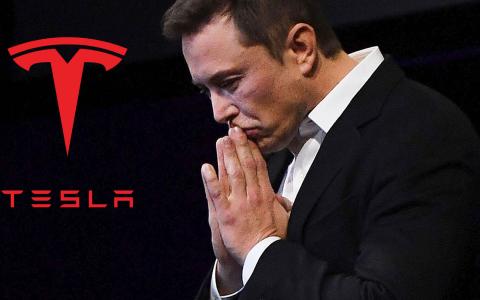
(Bloomberg) - Elon Musk appears unlikely to avoid another round of questioning in the US Securities and Exchange Commission’s investigation of his 2022 Twitter Inc. acquisition despite the billionaire’s complaint that the agency was harassing him.
A federal judge in San Francisco seemed unpersuaded by arguments that Musk shouldn’t have to devote more of his time meeting with the SEC because he already spent two partial days in earlier rounds of questioning.
“Are you saying then that Mr. Musk, because he’s a very important, busy person, that the SEC can’t investigate him?” US District Judge Jacqueline Scott Corley said during a hearing Thursday.
Musk, the world’s third-richest person, has frequently accused the SEC of overzealous enforcement, ever since he agreed with the agency in 2018 to have an in-house lawyer pre-approve his social media posts about his electric-vehicle maker, Tesla Inc. In April, the US Supreme Court refused to take up Musk’s challenge to the “Twitter sitter” agreement.
The SEC is seeking information about Musk’s purchases of Twitter stock and statements he made about his investments ahead of his $44 billion purchase of the social media platform, which he has rebranded as X.
Musk previously sat for two partial days of testimony in July 2022, which Corley said she views as just one deposition split over two days.
Defending Musk’s position that he’s given the agency enough of his time, his attorney, Rachel Frank, pointed to the “long and fraught history with Musk and the SEC.”
It’s common in investigations to take testimony early on and then again after the agency has received all the documents it plans to ask about, the judge said.
“What you are suggesting is that the SEC cannot take any depositions until they’ve gathered all the documents,” Corley said.
The judge also faulted Musk for “gamesmanship” for giving the SEC just two days notice that he wouldn’t testify for a third day in September after suggesting for four months that he would in fact cooperate.
A magistrate judge concluded in February that Musk shouldn’t be excused from complying with the SEC’s subpoena, but Corley isn’t bound by that finding.
The case is Securities and Exchange Commission v. Musk, 23-mc-80253, US District Court, Northern District of California (San Francisco).
By Rachel Graf



